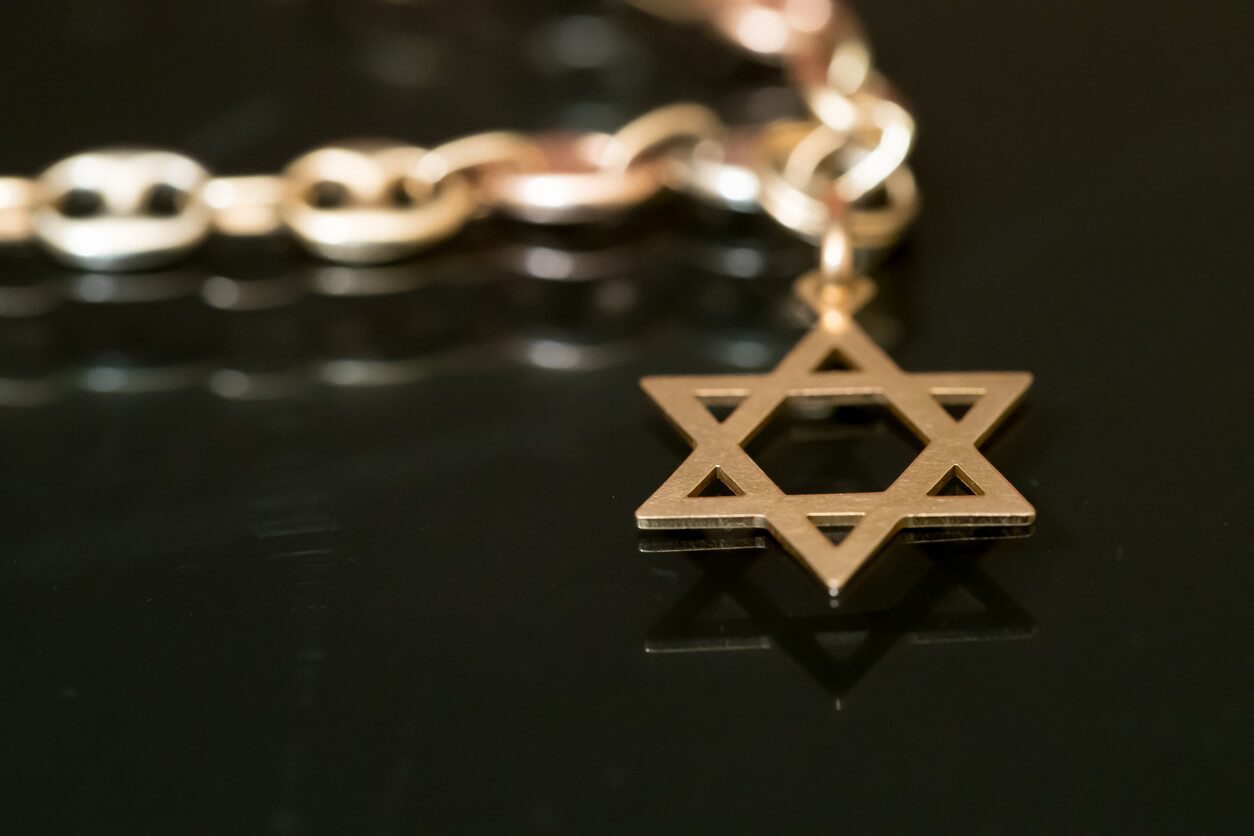Is it time for me to conceal my Jewish identity in the United States?
When I lived in Germany, I felt afraid, but until Oct. 7, I thought America was different

Photo by Istock
When I lived in Germany six years ago, I didn’t wear Jewish star necklaces on the street. I didn’t tell strangers I was researching the state of the country’s Jewish community, lest they ask me if I was Jewish myself. The Jewish people within Germany as a whole seemed to be hiding: They didn’t wear kippahs or Jewish jewelry outdoors. Jewish institutions didn’t have signs on the fronts of their buildings.
Jews in Germany, I came to understand, were living within a culture of fear. Over the last several years, antisemitic incidents have risen dramatically there due to the rise of far-right populist politicians, anti-Zionist far-left rhetoric, as well as antisemitic activity by some members of the country’s Muslim community. When I got to Germany, enough antisemitic incidents had taken place there that most Jews felt they were better off concealing their identity publicly.
In 2019, I wrote an essay about how emotionally difficult it was for me to hide my Jewish identity in Germany. It seemed impossible — this culture of hiding.
When I returned to America, I found it difficult to stop hiding my Jewishness and started to come up with reasons not to wear my Jewish star: Maybe people who voted for Donald Trump might not like Jewish people. Maybe I’d pass an anti-Zionist on the street who didn’t like Jews.
My family members helped me learn how to combat this fear — my mother and sister still wore their Jewish jewelry around town, and my brother for a period of time wore a kippah. My father proudly kept his mezuzah on the front door post of his medical practice. Soon, I started to wear my Jewish star outside again too.
But after the attacks of Oct. 7 and the rise of antisemitic incidents in America, I’ve wondered: Can we really be so unafraid?
My brother doesn’t know if he’s safe to pray at his Chabad house in Atlanta anymore because the building doesn’t have sufficient security. On the week leading up to Hamas’ Day of Rage (a day on which Hamas leaders encouraged people around the world to attack Israelis and Jews), my sister texted me not to wear my Jewish star necklace outside in New York City where I lived.
My mother was afraid to go to our hometown synagogue to commemorate the yahrtzeit (death anniversary) of my grandfather in case an active shooter came. My father was the holdout — he was nervous to go to synagogue on the Day of Rage but felt determined not to give into his fear. He convinced my mother to go with him to shul that night. They said the Kaddish for my grandfather and luckily were safe.
When I told my grandmother I was going to a Shabbat dinner on the Day of Rage, she advised me to bring a knife with me in case someone attacked the apartment, which was located in a building known for having many Jewish residents.
When I came back from Europe, I felt confident that things in America could never be so bad for Jews. Our government was a lot better at welcoming the stranger, at embracing hyphenated identities. But now I see the problem of antisemitism getting worse here — more far-right-wing extremists are acting up, planning mass shootings and using social media to spread their message. Far-left advocates are using hatred of Israel to exile Jewish people from progressive spaces. The other day, my non-Jewish roommate told me she was happy we didn’t have a mezuzah on our door because if we did she’d be afraid.
My Orthodox Jewish friends are afraid to wear their kippahs on the subway. But on Friday nights, we still all get together for dinner.
On the Day of Rage, I had dinner with my Jewish friends and we sang. In fact, we screamed the words of Ariana Grande, Adele and Taylor Swift so loud in our apartment that if an attacker came, they would know where to find us. We didn’t care, we just wanted to be loud. I hadn’t felt so exuberant in so many days. It had felt like the world around me was crashing down, but singing with my friends brought in so much light. We didn’t know whether we wanted to hide, but together, we could feel joy, rest, and maybe even be at peace.
These days, I’m still wearing my Jewish star necklace, sometimes. It depends how brave I’m feeling. I shouldn’t have to feel brave in America to show my Jewishness, but here we are.
















